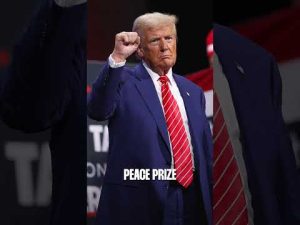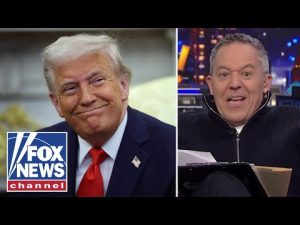When Donald Trump assumed the presidency, his critics were quick to scoff at his approach to foreign policy, claiming he lacked the seasoned expertise traditionally associated with the role. Many doubted his ability to navigate the complex realm of international relations, particularly in the Middle East. Looking back, it’s clear that Trump attempted to reshape U.S. involvement in that volatile region during his time in office, though with mixed results.
A central tenet of Trump’s foreign policy approach was his readiness to abandon the traditional diplomatic script. Unlike predecessors who relied heavily on dialogue and densely worded diplomatic communiqués, Trump preferred a more direct approach. He made it clear that aligning with the United States yielded positive outcomes, while adversarial actions would provoke staunch retaliation. This no-nonsense stance gave him a distinct reputation, both praised and critiqued in the international arena.
Trump’s hands-on style can be compared to a scene from the film Tombstone, where the certainty of strength in Wyatt Earp, portrayed by Kurt Russell, and his unpredictable right-hand man, Doc Holliday, embodies a bold foreign policy ethos. In this light, Trump’s decisions were not about adhering to diplomatic traditions but about wielding influence through unmistakable strength and resolve.
Critics may argue that Trump’s methods were unconventional, even abrasive, yet they acknowledge certain notable initiatives such as the Abraham Accords, which normalized relations between Israel and several Arab states. However, unresolved issues, particularly the Israeli-Palestinian conflict, remained complex and fraught with challenges.
As future leaders ponder the complexities of foreign policy, Trump’s tenure offers valuable lessons in the importance of decisiveness and strength. His time in office demonstrated both the potential rewards and risks of challenging established norms, reminding us that while traditional diplomatic pathways hold value, they are not always the only means to navigate global affairs.







